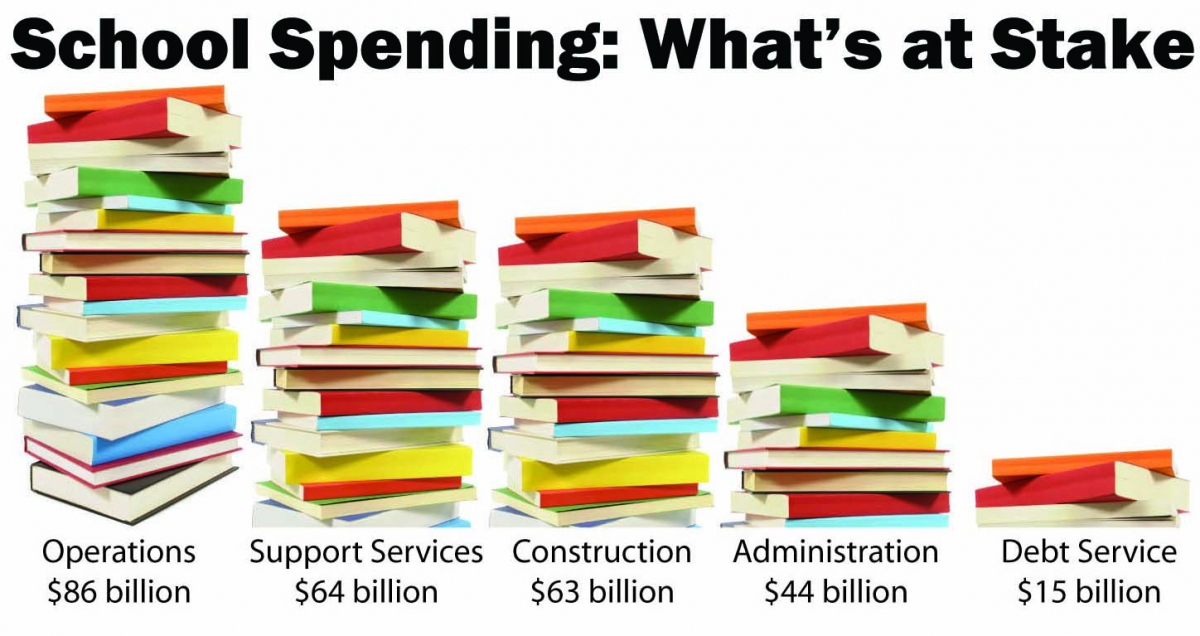When I lived in Japan people
When I lived in Japan people would often ask me to describe what makes Quebec different from the other provinces. Besides the obvious language differences- I would often mention that we had very good accessibility to post secondary education. The Cegep (system) has its ups and down, but at the end of the day you can get a nursing license in just three years for free here.
In terms of university tuition, Quebecers pay some of the lowest rates in North America. Increasingly there seems to be a trend towards increasing tuition rates to compensate for government cuts to education and research. Although this is discouraging on many levels, what concerns me most is that the push seems to be coming from the students themselves.
Even in Quebec, which has strong student activist roots, departments are beginning to look at charging “competitive” rates in order to attract top talent and presumably have smaller classes. Students in these programs such as the MBA at McGill are reported as saying that by increasing the tuition to 29 000 from 1600 students can get better service.
Business is already a fairly elite world, limiting the ability of certain students to participate in the program does nothing to help the social ethos. What program is next?






